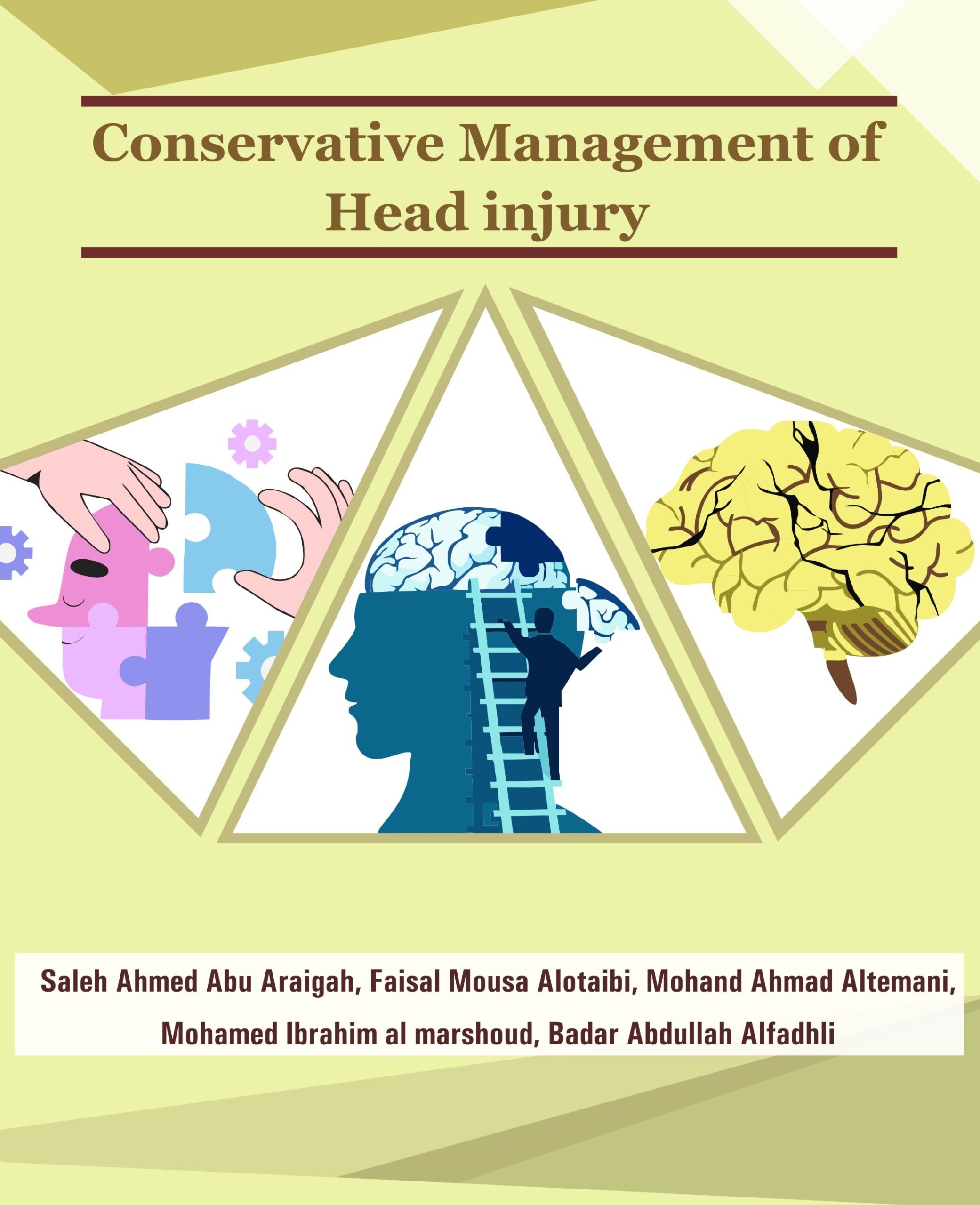This book is the culmination of nearly two years of work that we have done. We had never expected it would take anything like as long, but we have discovered vastly more than we ever thought possible, and in fact what we have done now touches almost every existing area of traumatic brain injury (TBI), and quite a bit besides. We have tried to give a fairly complete coverage of the field describing the most common long term TBI known to us to be employed by physical therapists. In the initial chapters we have tried to explain in details various TBI because we feel that thorough understanding of these disorders will ultimately lead to safer and more effective clinical practice. Therefore, the book builds up from basics to give a description of types of TBI along with the rehabilitation methods and their outcome measure available to the physical therapist. Each outcome measure is explained with reasonably comprehensive range of references to support them. With the very welcome involvement of physical therapist in research, we hope to give them access to the vast amount of literature upon which they are encourage to base their final clinical intervention. In the early years, we did as we had done before as a researcher, and published accounts of our ongoing work in the scientific literature. But although what we wrote seemed to be very well received, we gradually came to realize that technical papers scattered across the journals of all sorts of fields could never successfully communicate the kind of major new intellectual structure that we seemed to be beginning to build.
So, we resolved just to keep working quietly until we had finished, and was ready to present everything in a single coherent way. Three years later this book is the result.However, our sincere hope is that we have made TBI and their outcome measure used in their rehabilitation, more comprehensible, which will, in turn, will raise the standers of safe and effective rehabilitation for our patients-the aim of us all.










Be the first to review “Conservative Management of Head Injury”
You must be logged in to post a review.